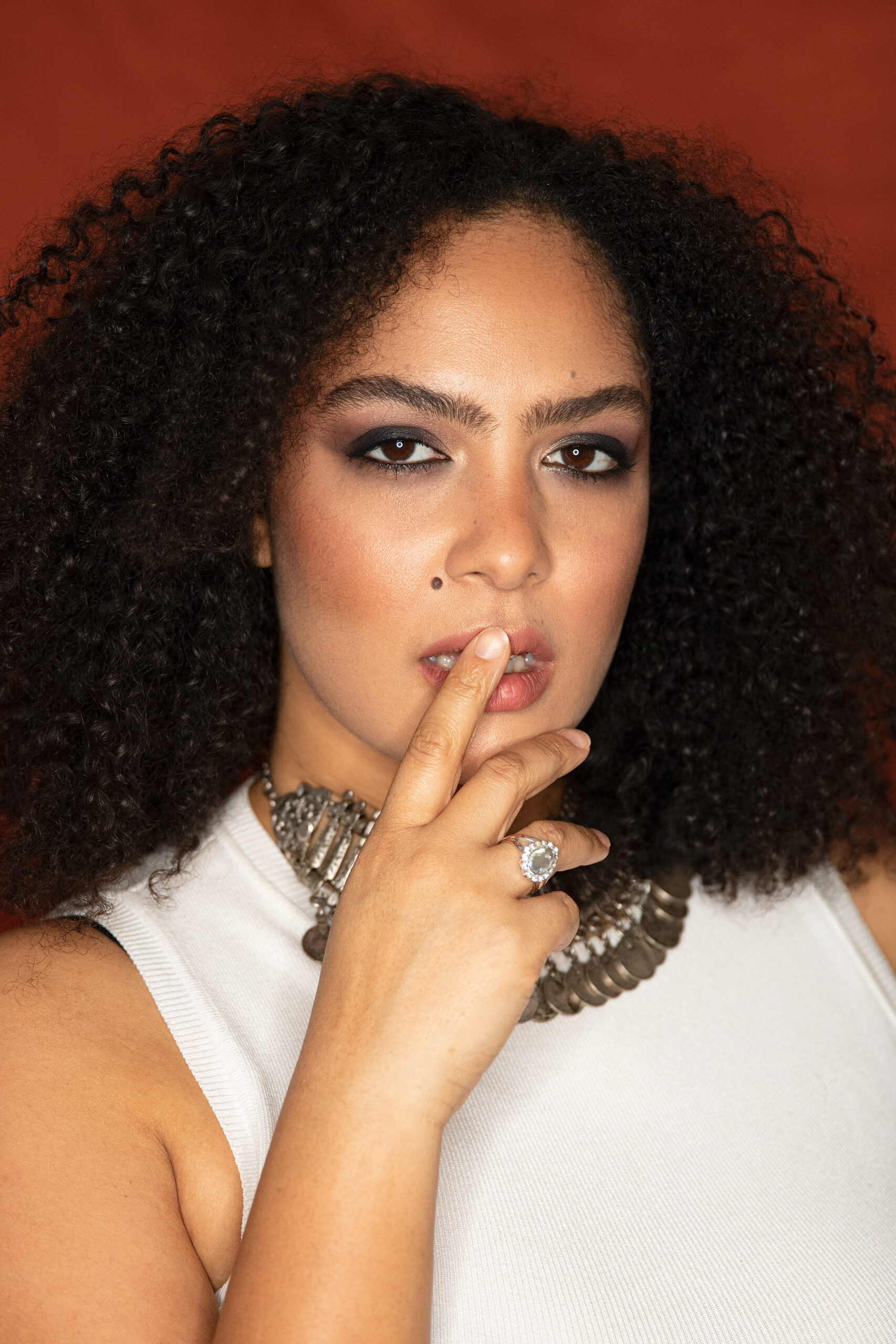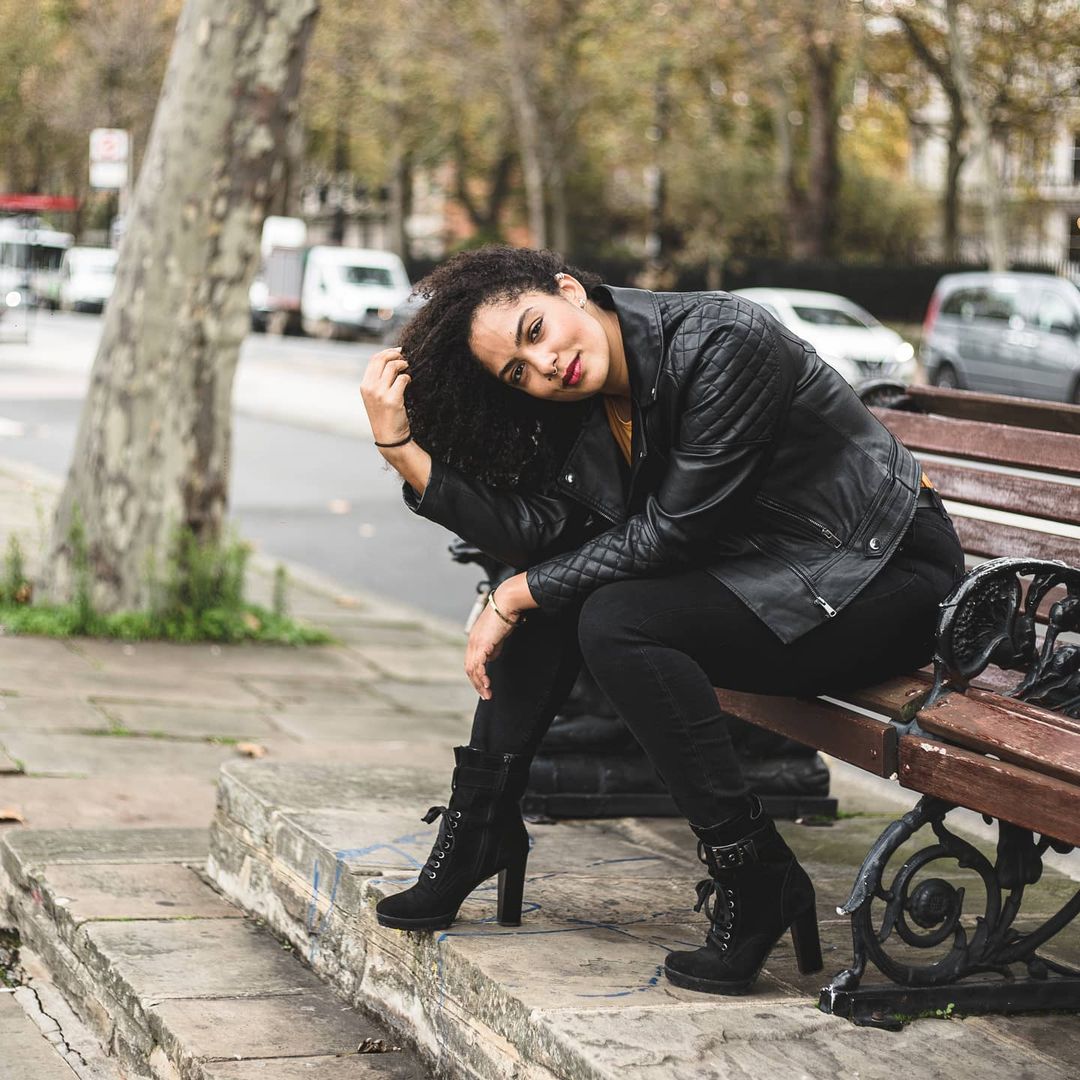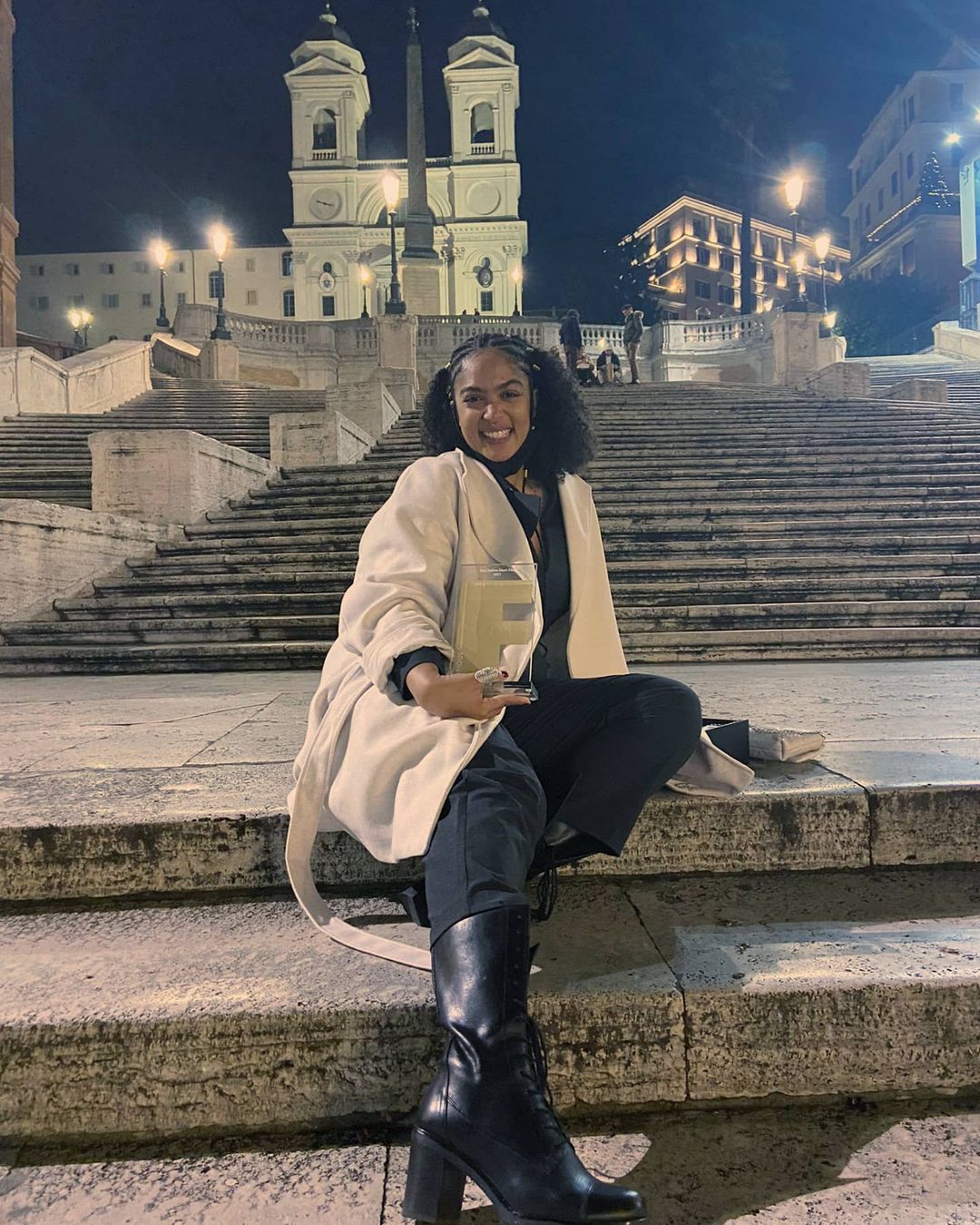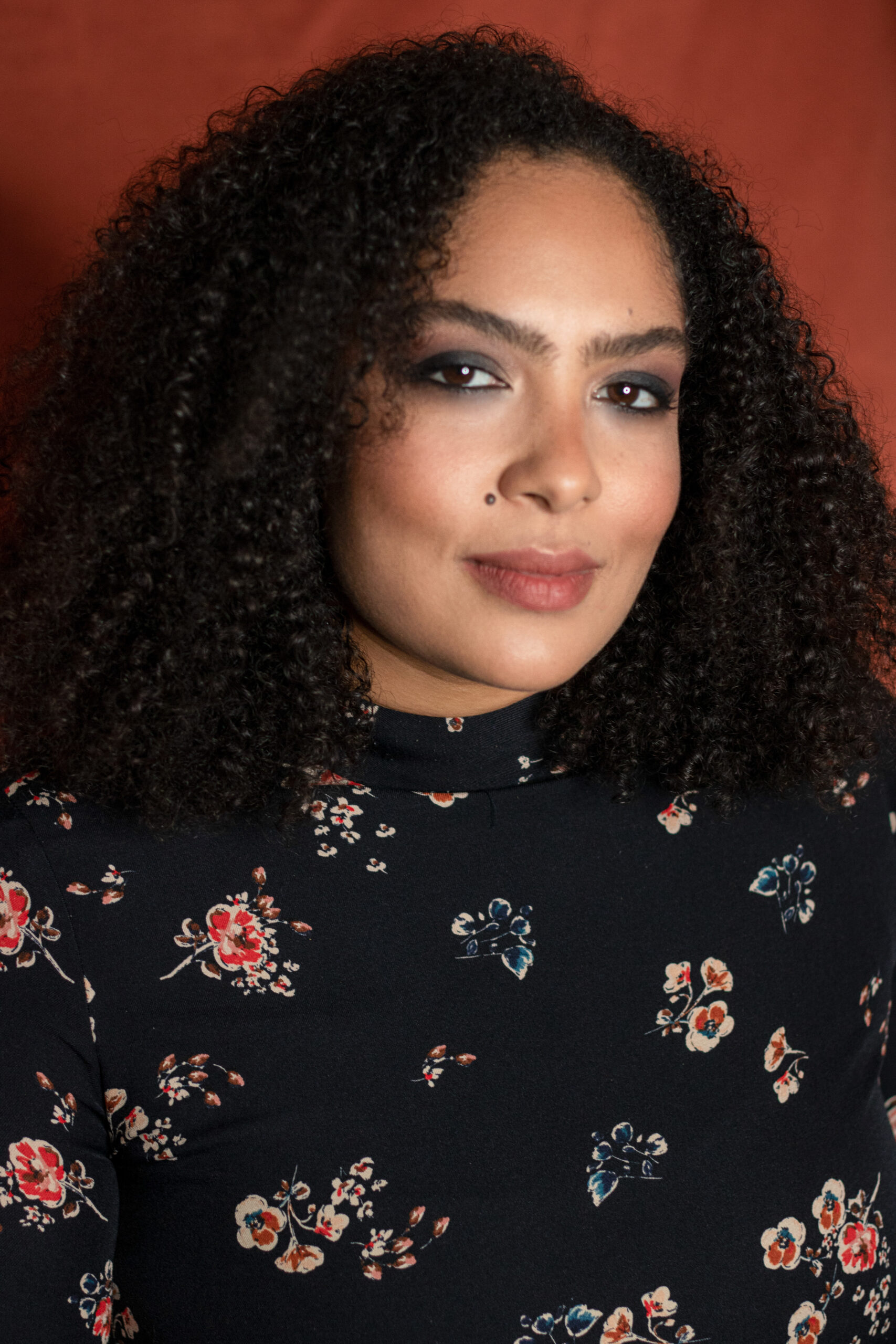Editor’s note: As the years go by, migrating to other countries has become increasingly popular, particularly for Nigerians (and Africans generally). Japa, we call it. For the next 10 weeks, Imo Ekanem, in partnership with BellaNaija Features, will explore what it means to live in Italy as an African professional.
Work & Life in Italy is a weekly series where we talk about how Africans live, work, deal with discrimination, and so on. Did you miss our third episode with Simao Amista? Read it here.
This week, we’re having a conversation with Daphne Di Cinto, an Afro-Italian screenwriter, director, actor and producer. She began her film and theatre studies in Rome while getting her degree in Communication Science at Roma Tre University. She attended the faculty of cinema at Sorbonne University in Paris before moving to New York for her Master’s in Fine Arts at the Actors Studio Drama School. She now shuttles between London and Italy. Il Moro-The Moor, her directorial debut is a 2024 Academy Qualifying Short Film and has won several accolades in international film festivals. As a screenwriter, she has developed both features and series within various genres, from comedy to sci-fi. Daphne is interested in topics such as migration, identity and the female gaze. Daphne played Sarah Bassett, the Duchess of Hastings in the Netflix series, Bridgerton.

Photo by Stefania Okereke
Hi Daphne, we are so happy to have you here. How are you doing?
I’m great, and also honoured to be here. Thank you.
Tell us how living in Italy has been so far as an African?
Let’s say that it has its days and that the mentality in Italy still isn’t where it should be, but this country is so beautiful and full of history.
We agree! So, what brought you to Italy?
I was born here, so life in Italy has been what I’ve known since the beginning of my life and this has informed my experience of identity-building and self-discovery. I am actually based in London but I travel to Italy back and forth.

I feel incredibly proud of harbouring inside of me both sides, both cultures, and both genes. However in my formative years, Italy wasn’t multicultural at all and being surrounded by 99% whiteness meant that, as a kid, I tried to adapt a lot to what I thought was expected of me. Growing up, I realised that I had normalised words, attitudes and thoughts that weren’t mine. Anyway, a lot has changed now. Second/third generation Italians now are many and together with first gen Africans, there is a beautiful and talented community that is adamant about making our voices heard and our roots respected.
Have you experienced discrimination? How did you deal with it?
Of course! It is no secret that Italy has lacked exposition to diversity for such a long time and its colonial history has been very conveniently forgotten by the collective memory. Immigration is being used as propaganda from the extremist parties and that fosters a climate that is fertile for conscious and unconscious racism. Nevertheless, Italians are also very welcoming people, with warm hearts and all, so I hope there is still a chance for the country to appreciate its diversity. Besides, Italy has historically been at a crossroads, therefore the Italian genes are very diverse, with a strong African influence, especially in the south of the country. Of course, politicians may tell you a different story, but what’s important is knowing and spreading that awareness. A lot of the racism here (probably everywhere) comes out of fear. I wish people understood there is nothing to be scared about. How did I deal with it? When I was little, I normalised it. Now, I speak out and try to reach as many people as possible. And take breaks when necessary.
Love your courage, Daphne. You seem to have found your footing, tell us about your professional journey
I started as an actor, again at a time when, unfortunately, roles for me weren’t many, exciting or challenging. I have since found my way behind the camera as a writer and director. I have debuted with my short film, IL Moro, which tells the story of the first Duke of Florence in 1530 who was of African descent. The film is doing well and we are now longlisted for Oscars 2024. I am adamant about telling Afropean stories and fostering positive representation for us all.

Congratulations! Tell us how that Oscars nomination made you feel
That moment was mindblowing! Hopefully, there are many more projects to come.
Your journey is inspiring. What would you consider as the special ingredients to your success story?
I’d say being stubborn, determined and positive.
What are the things Africans looking to relocate keep in mind?
Make sure you have a plan and are well-informed about the bureaucracy, which may be excruciating. Also, Italy isn’t one of the highest-paying countries in Europe, so think it through well and have strong motivations. It won’t be easy. But, if that’s what you want, then don’t give up.

Photo by Stefania Okereke
What are the little habits Africans in Italy can adopt to help them thrive?
I think it’s important for an immigrant in every country to try and make friends beyond the circle of people from their hometown. If you are religious, maybe a church could be a good place. But don’t quote me on that, as I only visit churches for the artwork. I guess what I am trying to say is to get involved in communities that are out of your comfort zone. It isn’t easy, but it may pay off. Also, try to read about the society and ask questions. This goes for anybody moving to another country.
Thank you for being a part of “Work & Life in Italy,” Daphne
Thank you for having me.
***
Many thanks to Daphne Di Cinto for having this conversation with us and to Imo Ekanem for making this possible. You can watch IL Moro on Youtube. Catch up with the next episode next Sunday.
Do you want to be featured on BellaNaija or share your essays with us? Shoot us an email: features@bellanaija.com
The post From Playing The Duchess of Hastings in Bridgerton to Making Afropean Movies | Read Daphne Di Cinto’s Work & Life in Italy appeared first on BellaNaija - Showcasing Africa to the world. Read today!.
from BellaNaija https://ift.tt/vJt1I7n
via IFTTT
